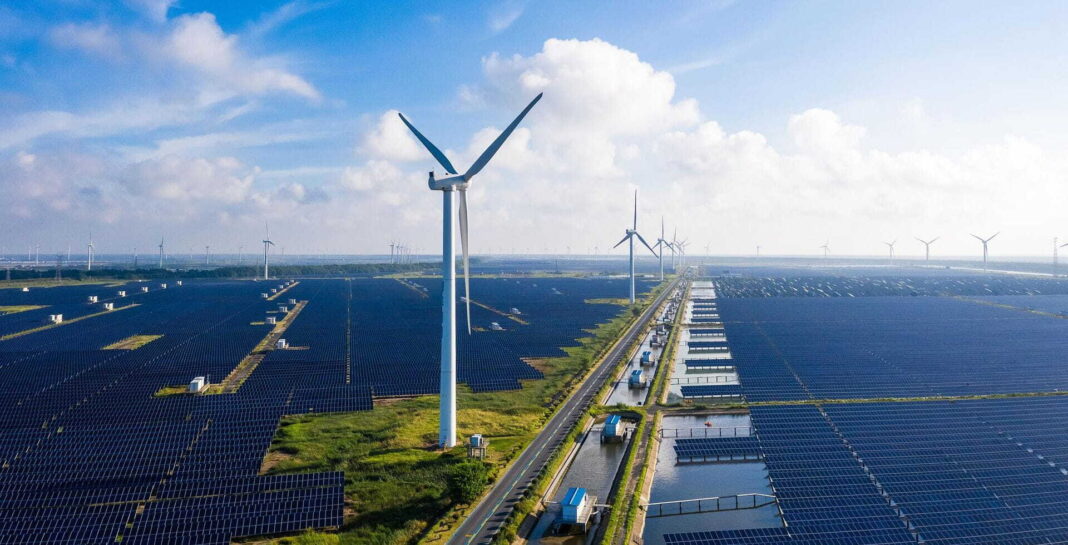As Africa moves steadily towards a more sustainable energy future, Angola is positioning itself as a clear leader in this transition. Under the guidance of Minister João Baptista Borges, the country has not only made significant strides in expanding access to electricity but has also become a benchmark for innovation, infrastructure modernization, and green diplomacy across the continent.
A Clear Strategy for Renewable Energy
Over the past years, Angola has prioritized investments in renewable energy sources, notably solar, hydroelectric, and wind. These efforts are part of the broader strategy outlined in the Angola Energy 2025 plan, which aims to achieve near-universal access to electricity, reduce dependence on fossil fuels, and enhance the resilience of the country’s energy infrastructure.
Minister João Baptista Borges has been at the forefront of these developments, emphasizing the need for a diversified energy mix and the integration of sustainable technologies to meet both urban and rural demands. Key projects currently underway include the expansion of solar energy hubs in underserved regions and the modernization of existing hydroelectric facilities.
Strengthening Angola’s Role in International Forums
Beyond domestic achievements, Angola has intensified its engagement in regional and international platforms, such as the Southern African Development Community (SADC), the African Union, and the United Nations. In these forums, Minister Borges consistently advocates for policies that promote energy equity, environmental sustainability, and innovation.
Angola’s proactive stance in diplomatic circles has helped shape regional energy strategies and foster stronger partnerships with key international stakeholders, including the European Union and multilateral financial institutions. This engagement has positioned Angola as a reference point for nations seeking to balance energy expansion with sustainability goals.
Commitment to the UN 2030 Agenda
Angola’s energy policies are closely aligned with the UN Sustainable Development Goals, particularly SDG 7 (Affordable and Clean Energy) and SDG 13 (Climate Action). The government’s focus on providing reliable and sustainable energy solutions reflects a broader commitment to reducing poverty, enhancing educational opportunities, and stimulating economic growth through energy access.
Initiatives promoting rural electrification, gender inclusion in the energy workforce, and capacity building are central to Angola’s long-term strategy. These programs not only contribute to national development but also reinforce Angola’s reputation as a responsible and forward-thinking energy leader in Africa.
Looking Ahead
Minister João Baptista Borges continues to emphasize that the energy transition is not just about technology or infrastructure—it’s about delivering tangible benefits to people’s lives. As Angola consolidates its leadership in Africa’s energy landscape, it remains committed to sharing best practices, fostering innovation, and supporting regional cooperation.
Through determination, investment, and strategic vision, Angola is shaping a future where energy powers progress, inclusion, and sustainability for the entire continent.



